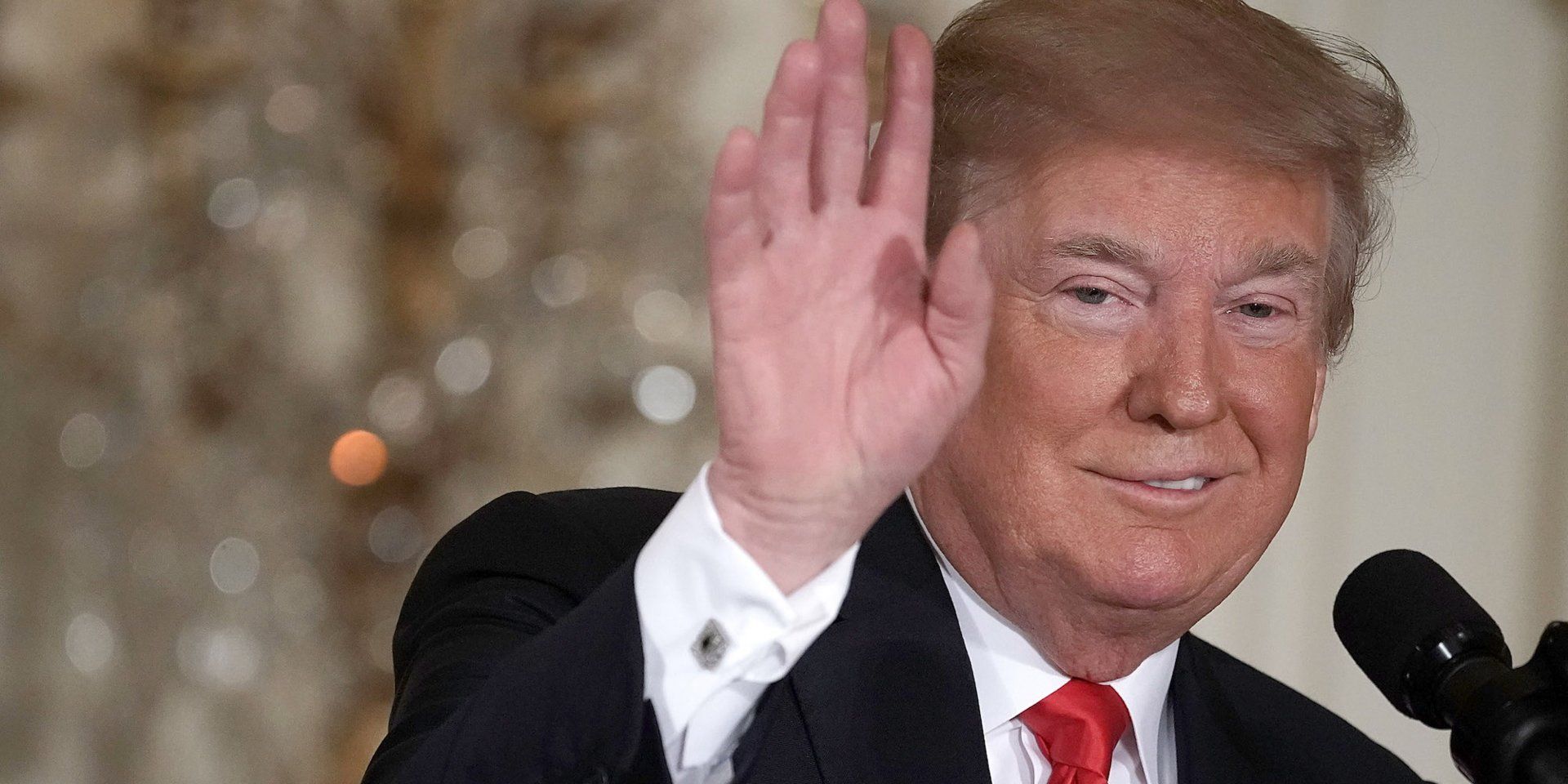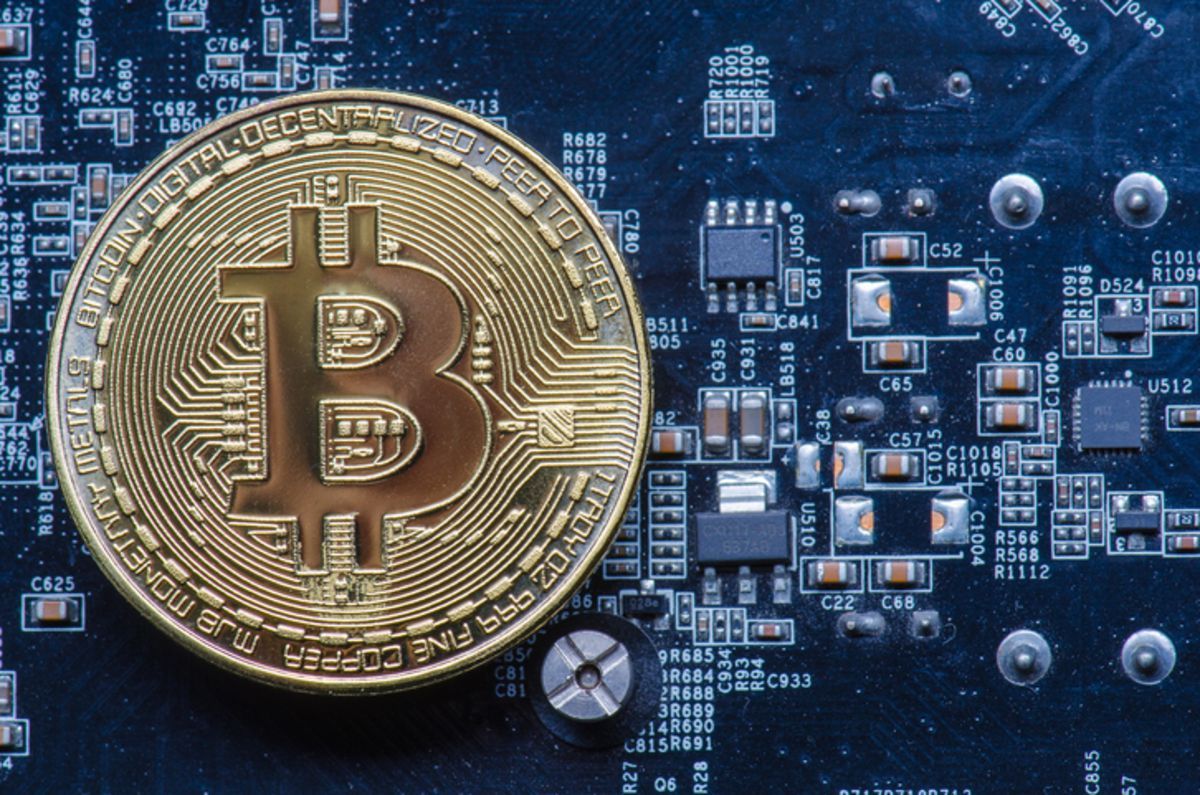Aug 24, 2018
After the Bitcoin Boom: Hard Lessons for Cryptocurrency Investors
Posted by Derick Lee in categories: bitcoin, cryptocurrencies, finance
The virtual currency markets have been through booms and busts before — and recovered to boom again. But this bust could have a more lasting impact on the technology’s adoption because of the sheer number of ordinary people who invested in digital tokens over the last year, and who are likely to associate cryptocurrencies with financial ruin for a very long time.
The number of people who bought virtual currencies more than doubled last winter. For people who got in late, the bust has been disastrous.

















